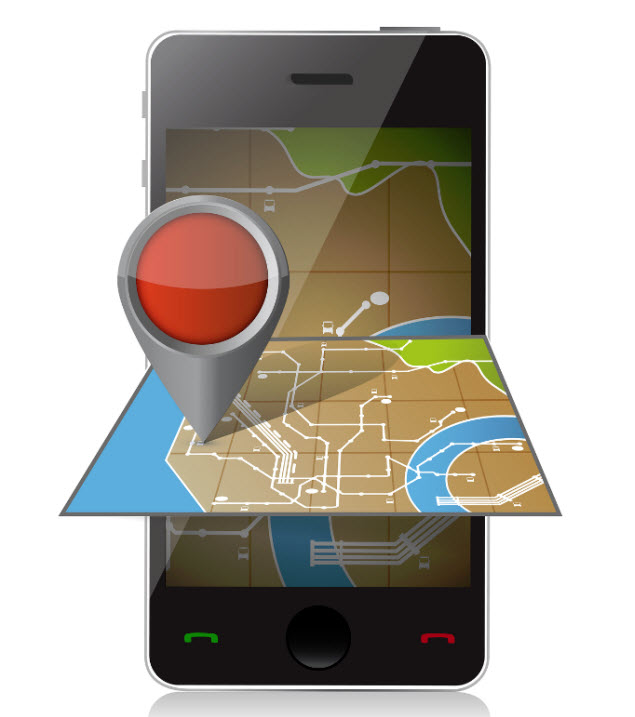Only a very small percentage of companies actually know what they’re doing when advertising on smartphones.
A recent study conducted by Boston Retail Partners has revealed that while many retailers are attempting to use mobile marketing to their best advantage, only a very small number of them are actually proving that they understand this channel and are utilizing it properly.
Smartphone ads and promotions have a great deal of potential for reaching a consumer at the best possible moment.
The opportunity presented by mobile marketing is a unique one, as the retailer would ideally be able to engage a customer using a device that he or she has available and turned on at virtually every moment. When that customer is already in or near a shop location, added enticements can be provided to encourage a sale – or a larger sale. However, as much as merchants do say that they want to be able to provide this experience, few have shown that they have figured out how to do it, quite yet.
Ninety five percent of retailers have identified customer engagement among top initiatives for mobile marketing.
At the same time, only 3 percent showed Boston Retail Partners that they had the ability to identify a customer when he or she actually stepped into a shop, according to the firm’s survey results.
the firm’s survey results.
The Commerce Benchmark Survey included the participation of 500 retailers and showed that within the next five years, the majority (three quarters) of retailers do intend to put technology into place that will allow them to be able to identify customers who have stepped into their locations.
That said, at the same time, the survey showed that retailers are starting to learn the ropes and they are discovering what they need to do when it comes to mobile marketing in the most effective way, through the use of location based technologies. Approximately 63 percent have intentions to provide real-time retail from their point of sale, while another 62 percent have plans to advertise over smartphones. Moreover, 61 percent intend to set up real-time analytics that will give them a measure of their effectiveness through proper analysis.
Geolocation technology using searches and advertising are taking off in the country, says TechNavio.
A technology focused global research firm called TechNavio Research has now released a report that has shown that the increasing penetration of smartphones and other mobile devices has fueled a considerable growth in the American location based marketing and search market.
The firm has forecasted that from last year through 2018, there will be a compound annual growth rate (CAGR) of 43.01.
Location based marketing uses a mobile device owner’s specific position – as reported by that device – to promote brands, products and services that are in close proximity to that individual. Over the last few years, it has increasingly become the standard for smartphones and tablets to be GPS enabled, and those devices are achieving greater popularity among consumers. In the United States, it was reported, last year, that there was a 65 percent penetration rate for smartphones that were enabled with GPS technology.
It is expected that by 2016, over 90 percent of devices will be capable of supporting location based marketing tech.
According to the TechNavio vice president, Faisal Ghaus, “The huge number of smartphones being used in the US acts as a catalyst for the incremental adoption of mobile LBS applications such as location discovering, friend finder and location-based advertising, shopping and networking.”
Companies have recognized that there is potential value in providing consumers with advertising that is based on their specific location and have been increasingly adopting location based services in order to appeal to those shoppers.
Among the large businesses currently testing campaigns that employ this technology are PepsiCo Inc., Starbucks Corp. , and L’Oreal Inc. The latter of those companies has already launched a pilot campaign to test the cost effectiveness of this technology when compared to other electronic media as well as traditional print advertising.
Ghaus pointed out that as location based marketing costs are relatively low when compared to many other forms of advertising, “enterprises are witnessing cost benefits from related marketing activities and transferring these benefits to their customers.” This can also assist businesses in better understanding their customers so that more relevant and attractive deals can be offered.
 the firm’s survey results.
the firm’s survey results.

